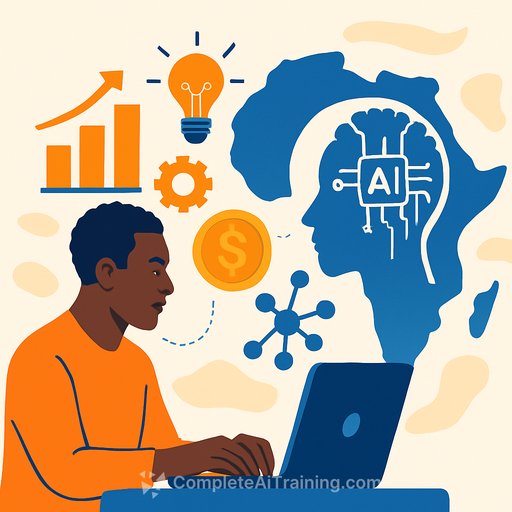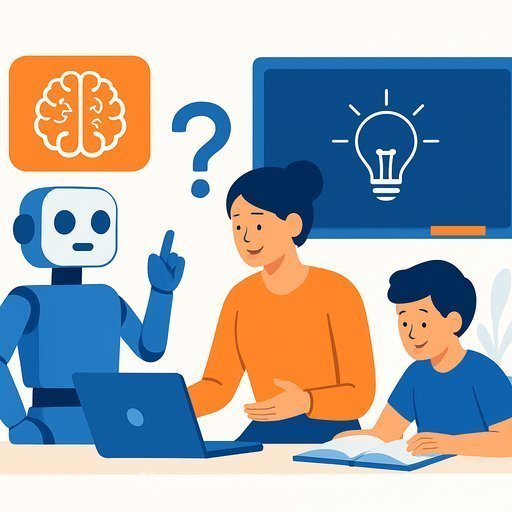Artificial Intelligence in Africa: Unlocking Economic Potential
Artificial intelligence (AI) offers a clear opportunity for Africa’s economies to grow, with potential gains up to $100 billion annually if adoption hurdles are addressed. With 70% of sub-Saharan Africa’s population under 30, the continent's youthful demographic can become a major asset—provided education, practical experience, and fair access to AI tools are prioritized.
AI Adoption Gains Momentum but Gaps Remain
Currently, 40% of African institutions are experimenting with or have deployed generative AI solutions. Yet, experts emphasize that this is only the beginning. Professor Letlhokwa Mpedi, Vice-Chancellor of the University of Johannesburg, highlights the need for hands-on AI learning: “It’s one thing to talk about AI, but another to demonstrate it. We need to create more opportunities for people to interact with AI and learn.”
Agriculture Leads AI Transformation
Agriculture is where AI’s impact is most visible. Since 70-80% of rural employment in sub-Saharan Africa depends on farming, AI innovations are making a real difference:
- Drone-powered crop analysis and video-based yield monitoring
- Mobile AI tools in Kenya and Senegal providing real-time pricing and market data to smallholder farmers
- Decision-making tools that help farmers optimize the timing of sales for better profits
Arthur Goldstuck, CEO of World Wide Worx, explains that Africa’s AI innovation is driven by necessity rather than opportunity, which makes mobile-first solutions especially effective.
AI in Science and Research
AI is also accelerating progress in marine biology, ecology, and environmental science. Professor AJ Smit from the University of the Western Cape notes that AI-enabled tools can now complete ecological assessments in days instead of months. This advancement supports work like kelp forest mapping, fish population counts, and underwater biodiversity monitoring.
Bridging the Global AI Divide
Despite progress, significant gaps remain between Africa and the Global North. Many African researchers lack access to advanced AI models and computing resources commonly found in leading universities abroad. Closing this gap requires AI literacy programs, open-access tools, and solutions that address Africa’s specific challenges.
The Path Forward
To fully benefit from AI, Africa needs to focus on three priorities:
- Education & Exposure – Build AI literacy in schools, universities, and communities.
- Practical Integration – Increase opportunities for hands-on interaction with AI tools and real-world applications.
- Infrastructure & Inclusion – Provide equitable access to AI resources, especially for youth, women, and underserved groups.
Goldstuck sums it up: “In Silicon Valley, innovation is driven by opportunity; across Africa, innovation is driven by need.” With targeted investments in skills, access, and scale, AI can support solutions created by Africans for African challenges.
For educators interested in building AI skills and literacy, resources are available through platforms like Complete AI Training, offering courses designed to help learners at different levels engage with AI technology effectively.
Your membership also unlocks:






